As we wrap up the year in film, it’s time to set sights on 2022. While we’ll share a few looks at what’s in store over the next 12 months, first we have an overview of January’s most notable films. Unsurprisingly, the top offerings solely consist of 2021 festival premieres (and one from 2020) that are finally arriving.
10. Sundown (Michel Franco; Jan. 28 in theaters)
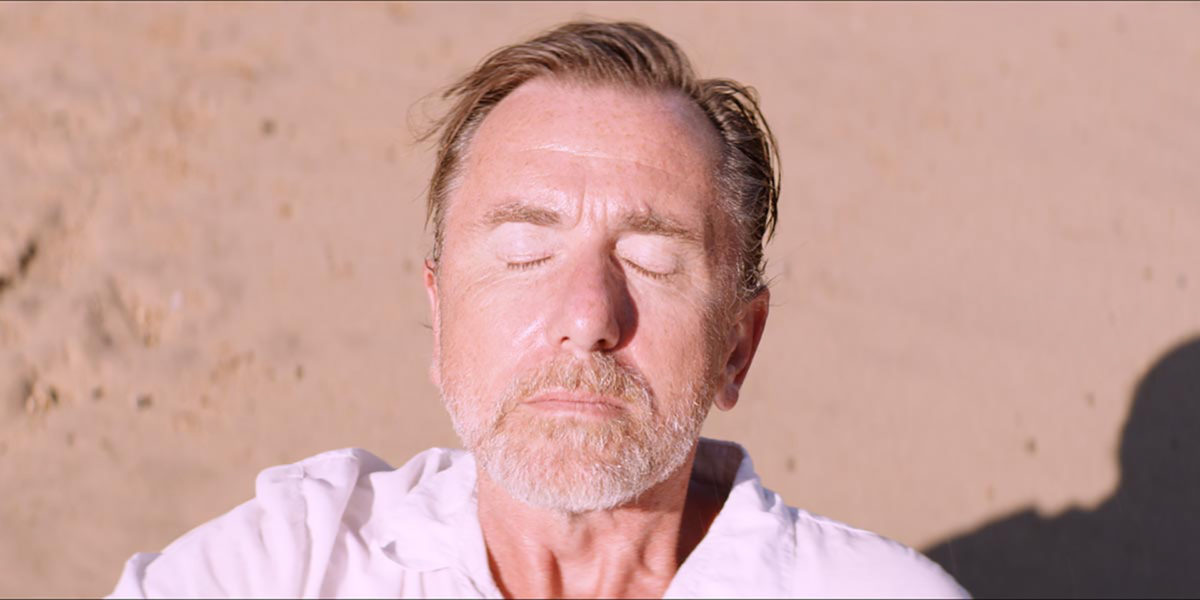
After last year’s wildly divisive New Order, Michel Franco returns this month with a drama of a much different stripe. As Jared Mobarak said in his review, “Writer-director Michel Franco throws the first curveball early during his latest film Sundown. We’ve already spent a bit of time with his quartet of European characters vacationing in Acapulco to make a few assumptions before workaholic Alice (Charlotte Gainsbourg) leans over to the quietly satisfied Neil (Tim Roth) and thanks him for coming along. Why wouldn’t he have? Isn’t he her husband and her kids’ father? He might be. Perhaps Alice and Neil are in the middle of a separation wherein he only agreed to come for appearances? It’s not like his laconic demeanor is giving anything away, though, so we’ll just have to wait until Franco decides to share the answer. And it won’t be the last time.”
9. Cyrano (Joe Wright; Jan. 28 in theaters)

While Joe Wright technically had two 2021 features––the long-delayed The Woman in the Window, which finally bowed on Netflix, and Cyrano––the latter is only now getting a release at the end of this month after a December qualifying run. Starring Peter Dinklage, Haley Bennett, Kelvin Harrison Jr., Bashir Salahuddin, and Ben Mendelsohn, Erica Schmidt’s adaptation of her own stage musical—which itself adapted the Edmond Rostand play—has already amassed a few fans here. Featuring music and lyrics by the National’s Aaron Dessner and Bryce Dessner, this looks to be a bombastically romantic way to kick off the year. For more, be sure to check out an upcoming episode of our podcast The B-Side.
8. Compartment No. 6 (Juho Kuosmanen; Jan. 26 in theaters)
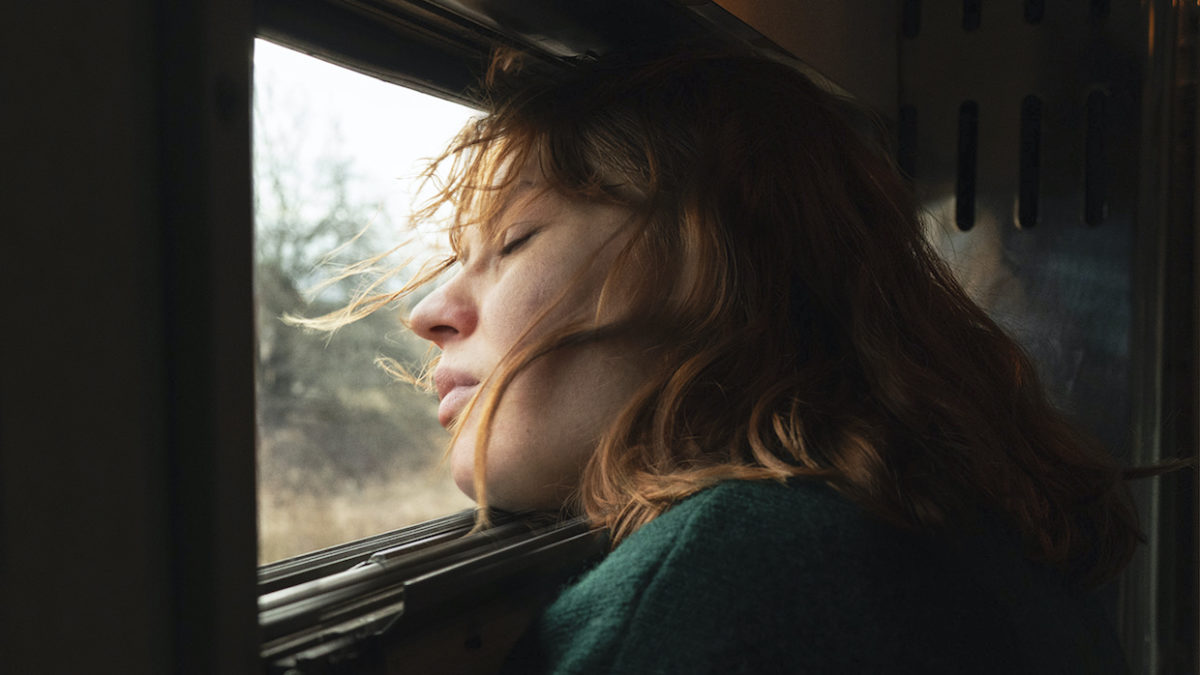
Earning comparisons to the Before trilogy and work of fellow Finnish director Aki Kaurismäki, Juho Kuosmanen’s Cannes winner Compartment No. 6 follows a student’s train journey from Moscow to Murmansk and a relationship she strikes up with a Russian miner. Per Alistair Ryder’s review, “While not as immaculately stylized as Kaurismäki’s work, the biggest surprise with Compartment No. 6 might be this comparison actually holding some weight. Kuosmanen’s film is both a period piece set in a very specific era (Russia at the end of the millennium and the dawn of Vladimir Putin’s Presidency) yet seemingly exists entirely elsewhere, its period details all tied towards earlier eras, an intoxicating blend of Soviet and Western cultural touchstones dating prior to the Iron Curtain’s collapse. Like Kaurismäki, whose most recent stories of immigration feel both timely and timeless in their conception, Kuosmanen has crafted a drama within a clearly defined moment in recent history, only to refuse to be tied to it. This approach to period storytelling proves far more intriguing than the romantic drama within this setting.”
7. Brighton 4th (Levan Koguashvili; Jan. 28 in theaters)
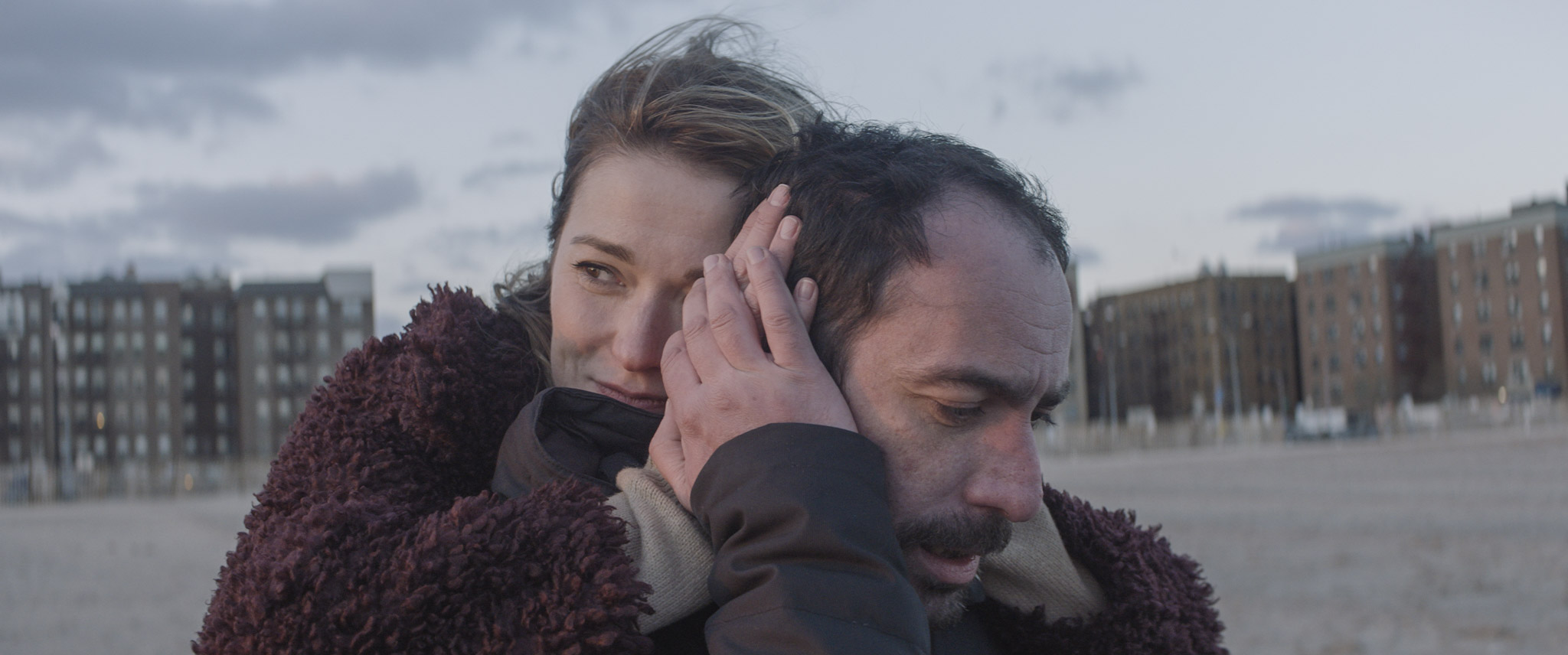
A three-time winner at last year’s Tribeca Film Festival and Georgia’s Oscar entry, Brighton 4th is set in the Georgian diaspora of Brooklyn’s Brighton Beach. Rory O’Connor said in his review, “Working for the first time in North America and shooting in overcast greens and blues, Koguashvili’s crisp aesthetic is notable for its idiosyncrasies: a film of familiar locations seen through fresh, discerning eyes: the DP is the great Greek cinematographer Phedon Papamichael, a regular collaborator of Alexander Payne, with whom he found similarly novel angles on the Midwest in their monochrome Nebraska.”
6. Italian Studies (Adam Leon; Jan. 14 in theaters and on VOD)
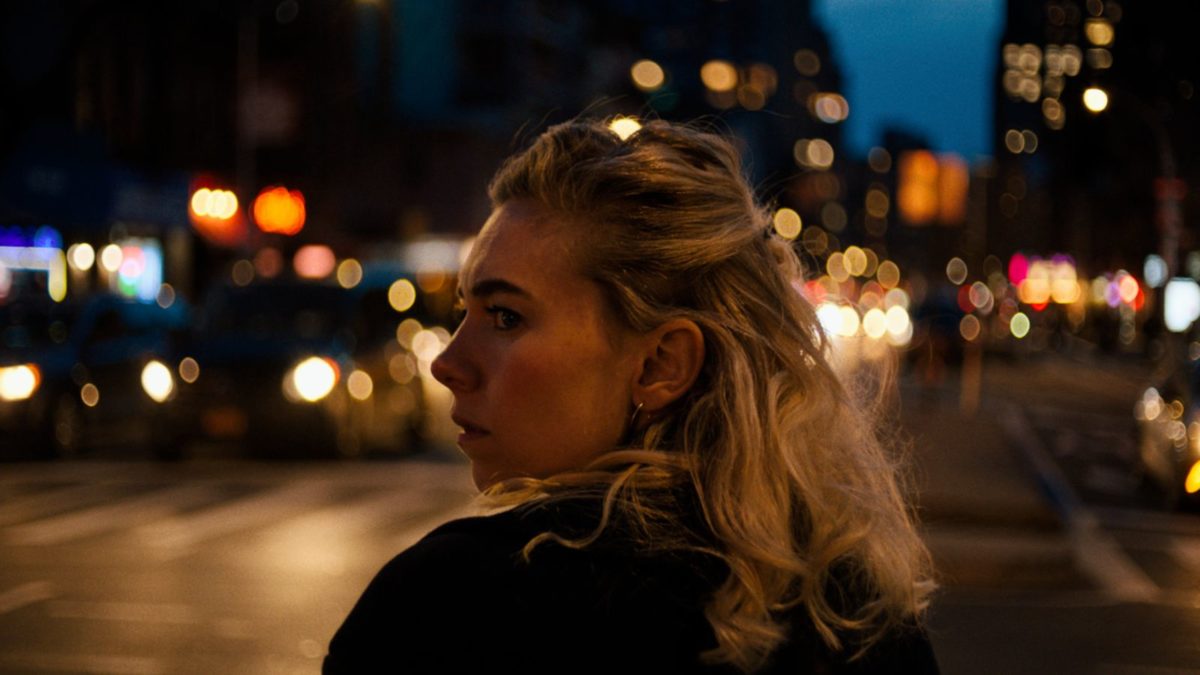
Following up the impressive Tramps, Adam Leon’s third feature Italian Studies follows Vanessa Kirby as Alina Reynolds, a woman who at times doesn’t know her own name, over the course of 24 hours in New York. Michael Frank said in his review, “Italian Studies could easily be described as no plot, all vibes. And those vibes largely become weirder as the 81-minute film wears on, Reynolds starting to interact with a group of high school students and learning she’s a published author with a book of short stories. But even that “fact” never seems to be confirmed. She stumbles around NYC like a child, doe-eyed and without a single piece of property besides the clothes she happens to be wearing.”
5. The Pink Cloud (Iuli Gerbase; Jan. 14 in theaters and March 1 on VOD)
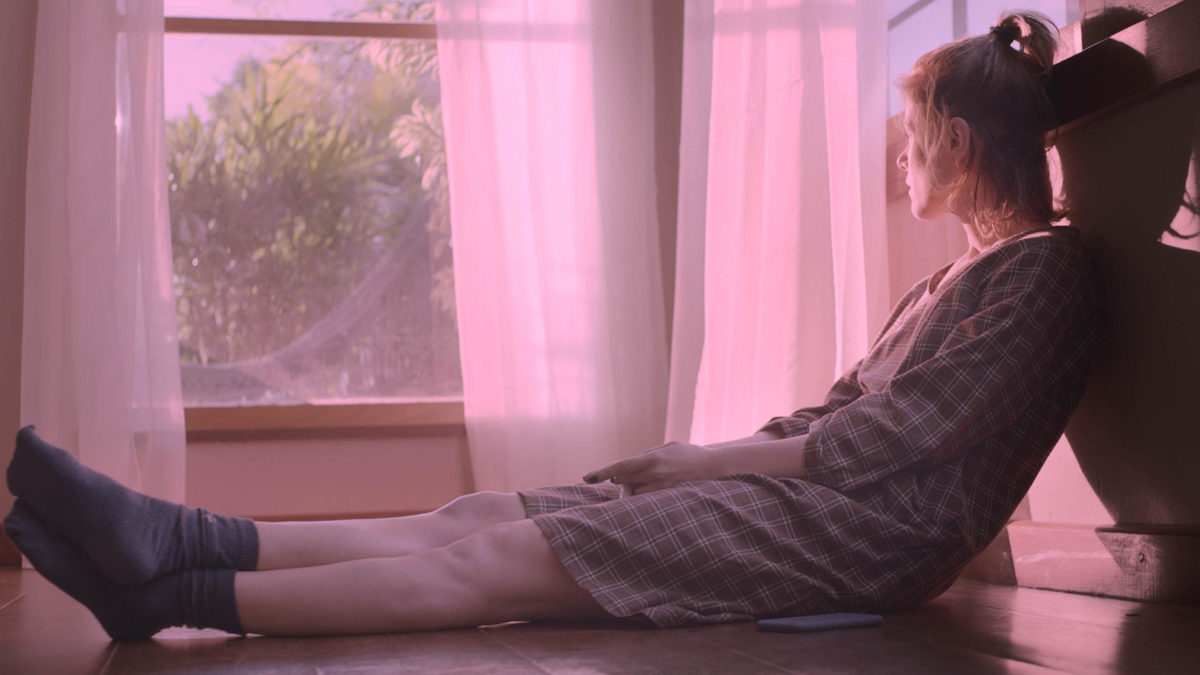
While many filmmakers have been rushing to cinematically capture the feelings of isolation, despair, and all-around strangeness of the last two years, Brazilian filmmaker Iuli Gerbase was one step ahead of the future to come. Her debut feature The Pink Cloud, which follows a couple’s one-night stand that turns into a years-long relationship when a mysterious pink gas forces humanity to stay inside, starts off with a disclaimer: “This film was written in 2017 and shot in 2019. Any resemblance to real life is purely coincidental.” As Brianna Zigler said in her review, “In her feature directorial debut, Gerbase’s confident filmmaking intertwined with an all-too-affecting tale of contagion isolation coalesce into a disturbing story of unending, inescapable seclusion on a much larger scale than our initial coronavirus lockdowns. The Pink Cloud suffocatingly explores what it means to live in a world that no longer exists beyond what we artificially create for ourselves, the consequences of extended loneliness, and the capabilities of human adaptation.”
4. Belle (Mamoru Hosoda; Jan. 14 in theaters)

Mamoru Hosoda—acclaimed auteur behind The Girl Who Leapt Through Time, Wolf Children, The Boy and the Beast, and most recently, the Oscar-nominated Mirai—is back with a new animated epic. According to Rory O. Connor’s review, “If a name can trigger nostalgia, don’t be surprised when the occasional sense of deja vu sets in while watching Belle, a dazzling near-future tech fantasia wrapped around a tale, yes, as old as time. Directed by Mamoru Hosoda and mostly set in a vast online world of sweeping musical numbers and weightless action sequences, it tells of Suzu, an awkward teenager (as if there were any other kind) who finds quick fame performing as the pop-singer Belle: her avatar on a hugely popular social media platform called U that looks like a sugary cocktail of Tik Tok and “The Oasis” from Spielberg’s Ready Player One.”
3. A Hero (Asghar Farhadi; Jan 7 in theaters and Jan. 21 on Amazon Prime)
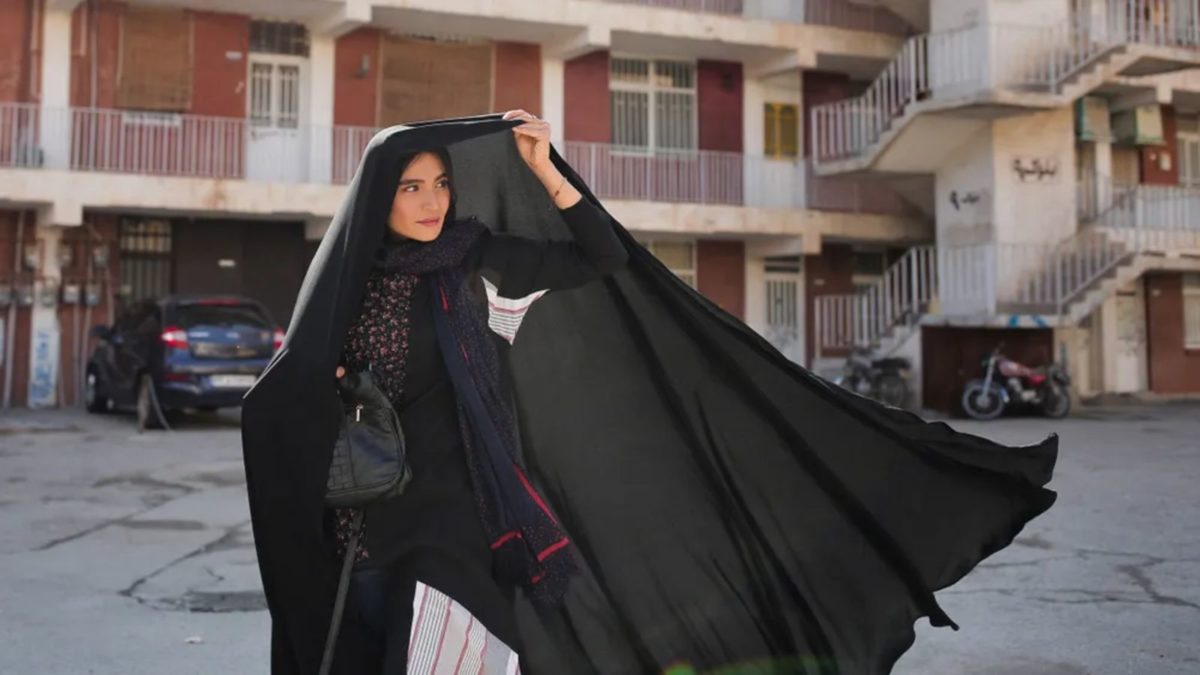
While his post-A Separation career has received quite a wide range of responses, Iranian director Asghar Farhadi triumphantly returned to Cannes this summer with the complex character study A Hero, which went on to win the Grand Pix. Rory O’Connor said in his Cannes review, “In A Hero, the discovery of a bag of gold coins sets the scene for a knotted Bressonian morality tale. The director is Asghar Farhadi, a filmmaker who has spent his career examining those blurred lines between right and wrong; decency and hubris; righteousness and folly. Taking place in the city of Shiraz, it proves a return to familiar ground for him: both the first he has made in his native Iran after the awful misstep that was Everybody Knows, as well as a return to the moral complexities of A Separation, still his finest film to date.”
2. The Shepherdess and the Seven Songs (Pushpendra Singh; Jan. 12 in theaters)
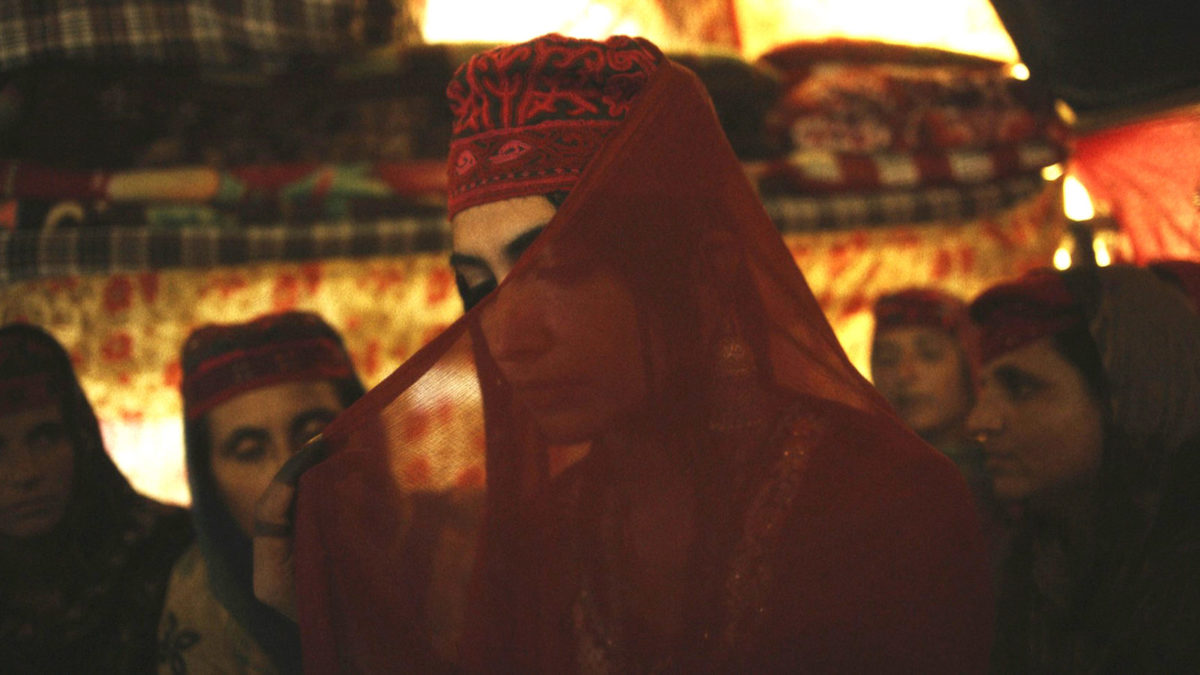
One of the most beautiful films I’ve seen in the last few years, Pushpendra Singh’s The Shepherdess and the Seven Songs is finally getting a U.S. theatrical run at New York’s Museum of Modern Art. As Glenn Heath Jr. said in his review, “Northwest India’s Jammu and Kashmir region resides at the center of a longstanding geopolitical stalemate involving neighboring Pakistan. While those tensions are referenced in The Shepherdess and the Seven Songs, they are not the film’s focal point. Instead, paranoia and opportunism have become fully ingrained in the forest area’s mountainous bedrock. Of more importance is why these characters either accept or subvert such societal realities, and how they normalize modes of corruption and gender inequality under the guise of tradition or progress.”
1. Introduction (Hong Sangsoo; Jan. 21 in theaters)
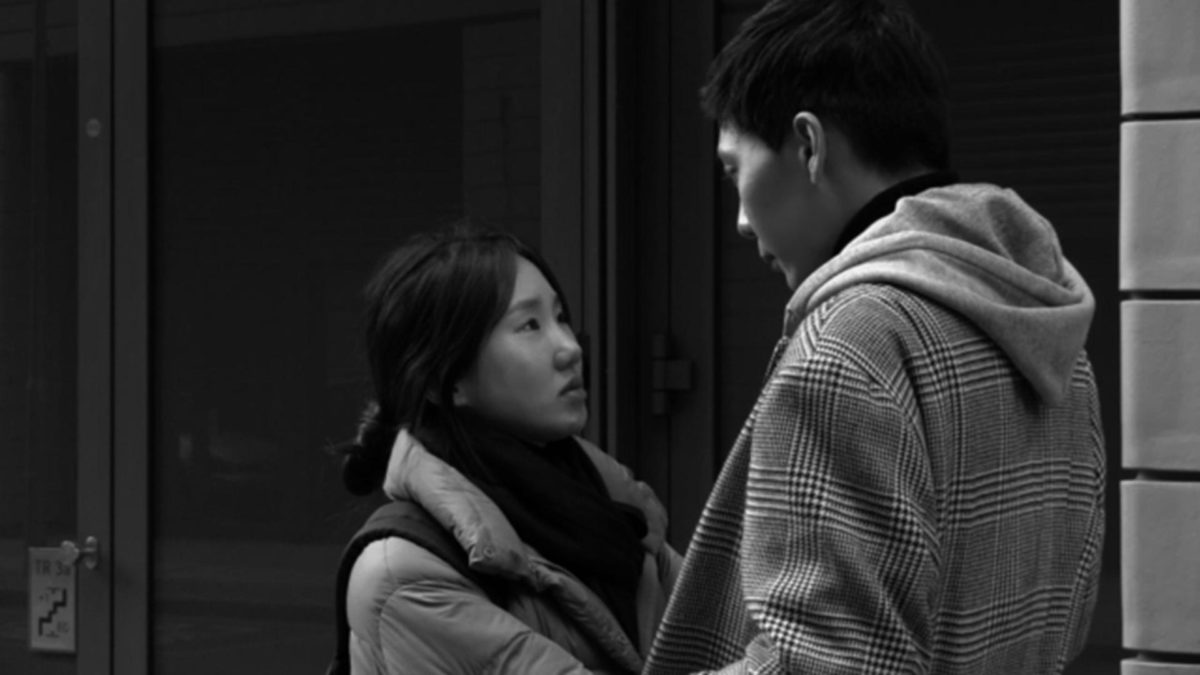
My favorite of Hong Sangsoo’s two festival premieres last year, Introduction is brisk, lo-fi (even by the director’s standards), and no less brilliant in its observations on relationships and performance. Per David Katz’s review, “First paragraphs of Hong Sangsoo reviews often dwell on the Korean master’s penchant for self-repetition, soothing readers that narrow expectations will be fulfilled. Let’s take a different course. This new work, Introduction, which charts a variety of fraught social “introductions” across different relationships, caused reflection on my first impressions of a director who’d soon become a reliable favorite, before any expectations could be tweaked or swerved. That film, 2013’s Nobody’s Daughter Haewon, made me think I was observing one of the chintziest, lowest-fidelity trifles imaginable, one hilarious fake-out gag with Jane Birkin notwithstanding. What might an unsuspecting viewer confronted with this film make of its unfriendly visage?”
Honorable Mentions
- See For Me (Jan. 7)
- The Whaler Boy (Jan. 14)
- Futura (Jan. 21)
- The Fallout (Jan. 27)
